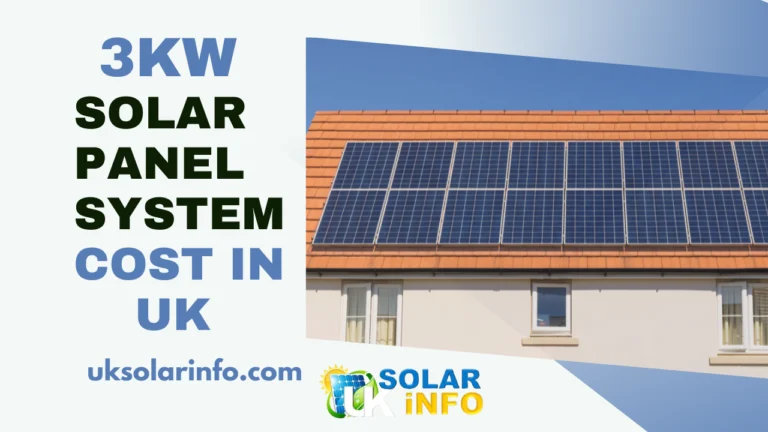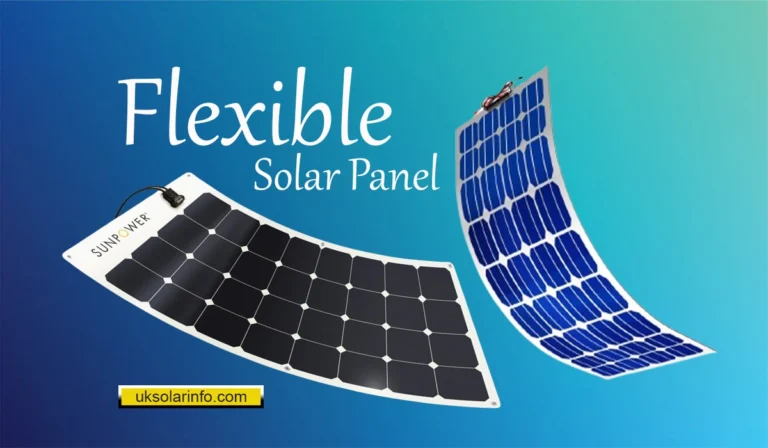The Weight Solar Panels and Its Impact In 2025
The importance of weight in solar panels. Learn how the weight of solar panels affects installation, efficiency, and overall performance
Solar panels are essential for generating clean energy. The weight of solar panels can vary depending on their size and material. Heavier panels may need stronger supports during installation. Lighter panels are easier to handle but may have different efficiency levels.
The weight of solar panels refers to how much they weigh based on their size and design. Typically, solar panels range from 35 to 50 pounds (15 to 22 kg). The weight is important because it affects transportation, installation, and the type of mounting system required. While lighter panels are easier to move, heavier ones might be more durable and efficient.
Why the Weight of Solar Panels Matters?
The weight of solar panels affects how they are installed. Heavier panels need stronger mounting systems. If the panels are too heavy, the roof structure may not support them. This could lead to costly repairs or adjustments.
Additionally, the weight of solar panels impacts transportation. Heavier panels are more difficult to move and require special handling. Lighter panels are easier to transport but may have different efficiency levels. It’s important to balance weight with performance for the best results.
The Evolution of Solar Panel Weights Over the Years
The Early Days of Solar Panel Weights
In the beginning, solar panels were heavy and bulky. They were made with materials like glass and aluminum. These panels required a lot of support during installation. As a result, they were costly and difficult to transport.
Advancements in Solar Panel Technology
Over the years, solar panel technology has improved. Lighter materials, such as thin-film technologies, have been introduced. These innovations have reduced the weight of solar panels. Now, solar panels are more efficient and easier to install than before.
How Weight Affects Solar Panel Installation?
The weight of solar panels plays a big role in how they are installed. Heavier panels need stronger mounting systems to stay secure. This can make the installation process more complex and time-consuming. If the roof is not strong enough, additional support may be required.
Lighter panels, on the other hand, are easier to handle during installation. They require less structural support, making the process quicker. However, lighter panels might not always offer the same durability. It’s important to balance weight with strength and efficiency when choosing panels.
Solar Panels with Optimal Weight for Residential Use
For residential use, solar panels need to be lightweight but durable. These panels should not be too heavy for the roof to support. The weight should allow for easy installation without causing damage. Choosing the right weight helps balance efficiency and cost.

The optimal weight for residential solar panels usually ranges between 35 to 50 pounds. This weight is manageable for most roofs and installation teams. Lighter panels can reduce transportation and setup time. However, it is important to ensure they still offer good energy production and longevity.
Choosing Between Light and Heavy Solar Panels for Your Needs
Choosing the Right Solar Panel Weight
When selecting solar panels, it’s important to consider weight. Lighter panels are easier to handle and install. However, heavier panels may offer better durability and efficiency. Finding the right balance will depend on your needs and roof strength.
Impact on Installation Process
Lighter panels can speed up the installation process. They are easier to carry and move around. Heavier panels might need more time and effort during setup. Installation teams need to ensure the roof is strong enough for heavier panels.
Weight and Roof Support
Your roof’s structure plays a key role in choosing panel weight. Heavier panels require stronger supports to avoid damage. Lighter panels put less stress on the roof but may not be as long-lasting. It’s crucial to match the panel weight to your roof’s capacity.
Efficiency of Solar Panels
Heavier solar panels often have higher efficiency. They may contain more advanced materials that can capture more sunlight. Lighter panels may have lower efficiency but can still be effective. You should balance energy output and panel weight for the best results.
Durability Considerations
Heavier panels are typically more durable than lighter ones. They can withstand harsh weather conditions like high winds and heavy snow. Lighter panels may not be as resistant but could work well in mild climates. Consider the weather conditions in your area when choosing weight.
Cost and Budget
Lighter panels are often less expensive due to lower manufacturing costs. Heavier panels may cost more but could save money in the long run with better efficiency. Your budget will help determine the right panel weight for your needs.
Long-Term Investment
Solar panels are a long-term investment. Heavier panels might last longer and produce more energy over time. Lighter panels might need replacement sooner, but they offer a quicker installation. Think about the long-term benefits of each option before making your decision.
Final Decision Based on Personal Needs
Ultimately, the choice between light and heavy panels depends on your specific needs. Consider your roof strength, energy goals, and budget. Whether you choose light or heavy panels, both can provide clean energy. Make sure to choose what works best for your home and lifestyle.
Conclusion
The weight of solar panels is an important factor to consider. Heavier panels may offer better efficiency and durability but require stronger roof support. Lighter panels are easier to handle and install but may have lower efficiency. It’s essential to choose the right weight based on your roof, budget, and energy needs for the best results.
FAQs: Weight Solar panels
1. How much do solar panels typically weigh?
Solar panels generally weigh between 35 to 50 pounds (15 to 22 kg), depending on their size and materials.
2. Do heavier solar panels provide more energy?
Heavier solar panels often have higher efficiency and can produce more energy, but this is not always the case.
3. Can my roof support the weight of solar panels?
It depends on your roof’s structure. Heavier panels require stronger supports, so it’s important to check your roof’s condition.
4. Are lighter solar panels less durable?
Lighter solar panels may not be as durable as heavier ones, but they can still perform well in mild climates.
5. Does the weight of solar panels affect installation time?
Yes, heavier panels take more time and effort to install compared to lighter ones, which are easier to handle.







2 Comments